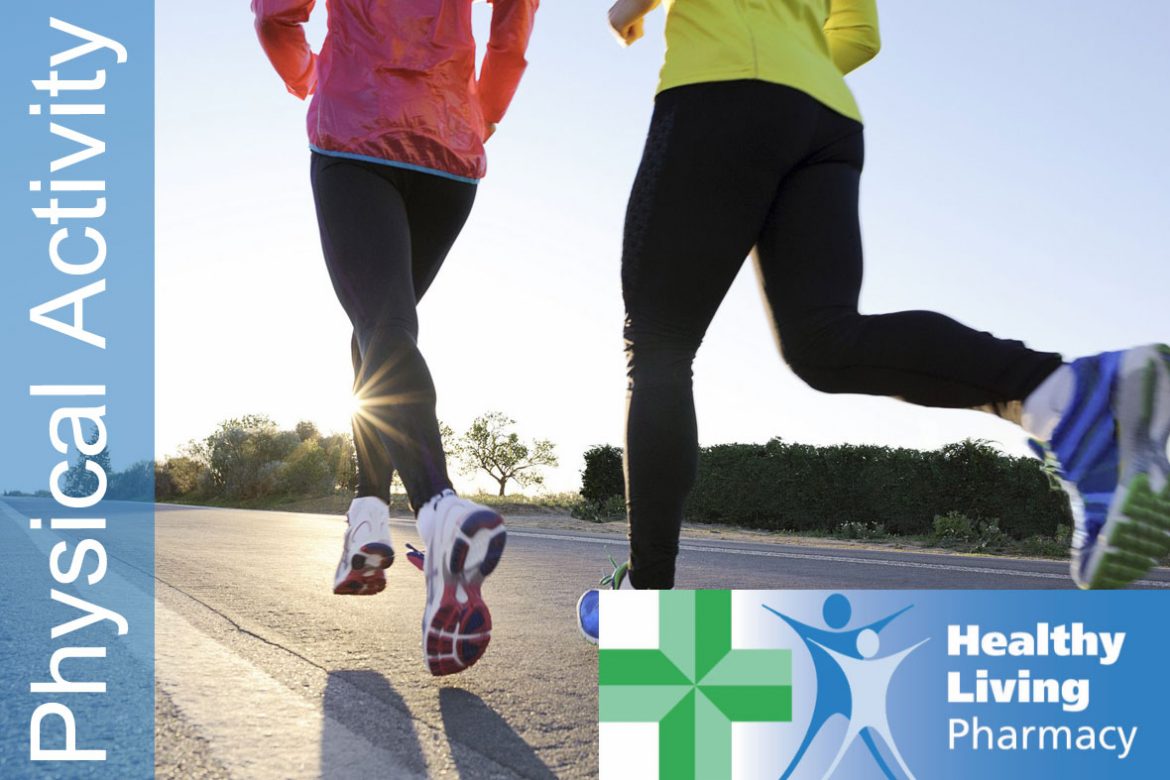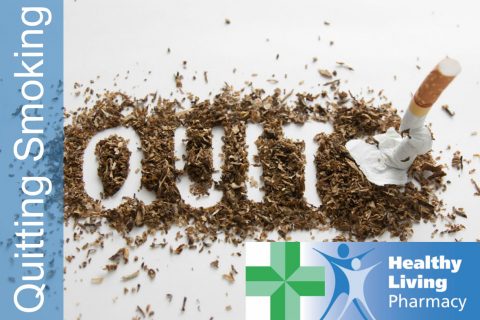Physical Activity
MAKE A CHANGE
No matter your age, being physically active can help you lead a healthier and even happier life. People who exercise regularly are up to 50% less likely to be at risk of major chronic diseases such as coronary heart disease, stroke, diabetes and cancer. Starting moderate exercise from no exercise halves the risk of heart attack and stroke. Regular exercise helps to prevent high blood pressure and to reduce it if it is high. Physical activity improves self-esteem, helps individuals sleep better, lowers the risk of stress, musculoskeletal injuries and back pain and makes individuals feel happier, more engaged and more productive.
WHY IS IT IMPORTANT?
– Inactivity causes 1 in 6 deaths in the UK and costs the UK economy £7.4 billion.
– Inactivity costs the NHS £3000/minute in combating disease which could have been prevented by an increase in Physical Activity.
MAKE A START
– If you are new to physical activity, it’s best to start slowly with light to moderate activity and build up gradually to the recommended level.
– Walk to work, to the shops or just for fun.
– Get off the bus one stop early or park further away and walk instead.
– Take the stairs instead of the lift or escalator.
Aim to participate in two types of physical activity each week, including aerobic and strength exercises. This can include:
– 150 minutes of moderate aerobic activity e.g. hiking, pushing a lawnmower, cycling or fast walking every week and on two or more days a week work all major muscles (including back, legs, chest, hips, shoulders, abdomen and arms).
– 75 minutes of vigorous aerobic activity e.g Running, riding a bike, football, aerobics, a game of tennis each week and strength exercises on two or more days. Activities like circuit training, aerobics, football, running, netball and hockey can be vigorous activities which count as aerobic activity and muscle-strengthening activity.
– A mixture of moderate and vigorous aerobic activity each week e.g. two 30 minute runs and 30 minutes of fast walking and strength exercises on two or more days.
DO IT YOUR WAY
– Choose an activity you like that fits into your life.
– Walk or cycle for everyday journeys.
– Be active with friends or family.
– Join a group or take up an active hobby.
– Exercise during your lunchtime.



